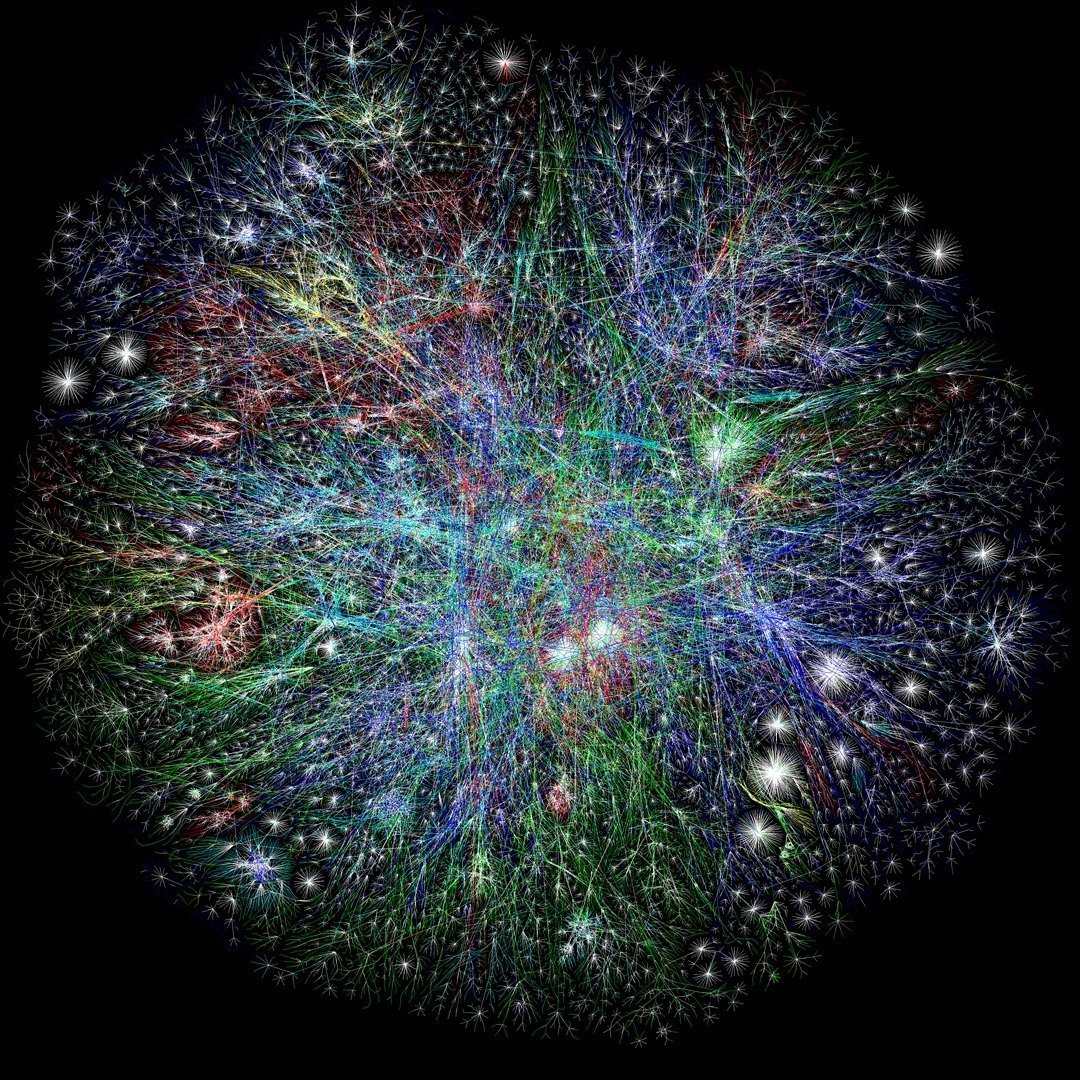
25 years of Internet and recruitment
A few days ago, it was the 25th anniversary of one of the biggest inventions of all time… the Internet. I was born practically with the invention of the Internet and 25+ years later I look back and see that my evolution as a person and as a professional was highly influenced by such invention.
This anniversary was also for me the opportunity to do a little introspective about how the Internet has influenced the recruitment market. In a nutshell, to consider that influence, I’ve identified 3 points of reasoning as a candidate:
- Being found
- Searching for jobs
- Developing my knowledge
I’ve also identified 3 points of reasoning as an employer (that will be covered in the Part II of this article):
- Being found
- Searching for candidates
- Developing my company
Being found
As a candidate, in an ideal world I would like to keep my job and only leave when a better opportunity knocks on my door. But we all know that the labor market is much more complex and for reason XYZ, you might need to get a job sooner than you imagined. Thus, even if you are proactively looking for a job, you also want to be found.
Prior to the Internet, it wasn’t so easy. There were only few places where you could brand yourself and be identified as a potential candidate for a job. People who knew you were limited and your potential reached audience was minor as well. Expecting to be found and identified outside of your personal and professional network was almost not possible.
Moreover, even when a recruiter had identified you, he/she still had to contact you… and what a challenge! No email, no mobile phone, no social profile, etc. The recruiter had to be patient and very well connected to reach someone.
Now, thanks to the Internet, by having a good digital presence, anyone in the world can find you and easily contact you. However, even if the Internet has drastically increased your potential reach it doesn’t mean that recruiters will contact you by frequently. The competition also drastically increased and year after year, the Internet is becoming a key differentiator between candidates. Candidates that manage well their digital footprint will have better chances to be found. However, I must say there’s a catch here: it of course depends on the job and the type of career you are looking for.
Searching for jobs
Before the Internet, there were limited places where to search: local news, radio, friends & professional network. With the Internet, the possibilities have been amplified. Yet it’s still difficult to find a job, maybe even more.
That’s probably one of the side effects of the Internet: too much information and too many possibilities. Most of the time, when I meet people to help them in their job search, they come with the same problems over and over again: Where can I search for the best jobs?. Where do I have to put my CV? Well… the problem is that there is no good places and bad places. Some companies are publishing their job everywhere thanks to technology such as a multiposting solutions, some prefer just to share a job on one job board but some are just publishing the job offer on their company website. Even worse, some are just sharing the job to their friends.
So, yes it’s true, you can probably find more job opportunities now than before but does it help you to get a job? Not sure… to find all the possible jobs, you’ll have to do the extra effort of visiting multiple websites, create several accounts and be visible to find the right job. To re-use a sentence heard from friends: “Looking for a job is a full time job in itself!”
Developing my knowledge
Within an evolving world, it’s imperative to keep on learning and this is true prior and post Internet. Developing your knowledge is probably the best way to make your career move.
Prior to Internet, a person who wanted to develop his/her knowledge had already some possibilities: attending training, reading books and periodicals, learning from peers. Except for peer learning, the rest of channels were quite expensive and in consequence limited to privileged people.
The biggest change with the Internet is the fact that we have assisted to a democratization of the knowledge. Now thanks, to the Internet, it became easy to access to quality content totally free thanks to blogs, social media, webinars, etc. or almost thanks to MOOC.
A Massive Open Online Course “is an online course aimed at unlimited participation and open access via the web. In addition to traditional course materials such as videos, readings, and problem sets, MOOCs provide interactive user forums that help build a community for students, professors, and teaching assistants (TAs). MOOCs are a recent development in distance education.” (1)
Source:
(1) MOOC, Wikipedia, http://en.wikipedia.org/wiki/Massive_open_online_course”


